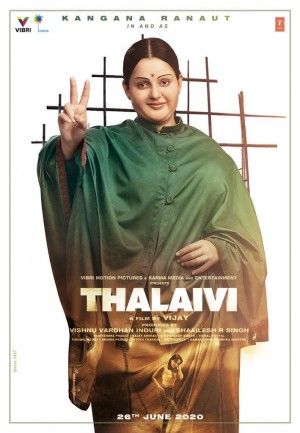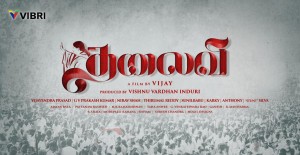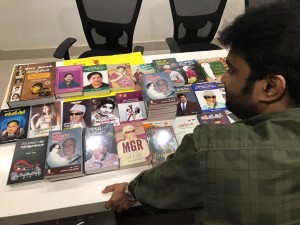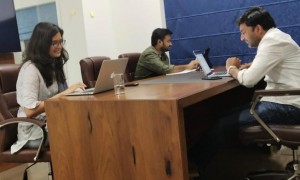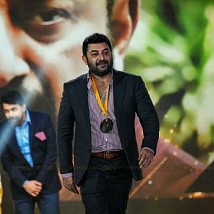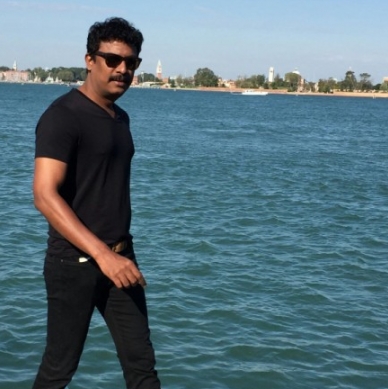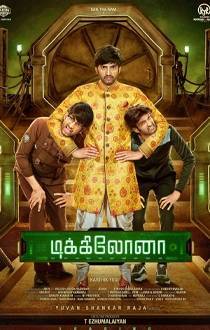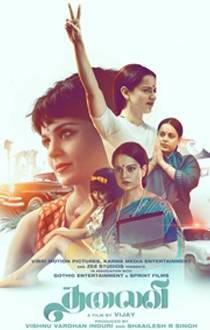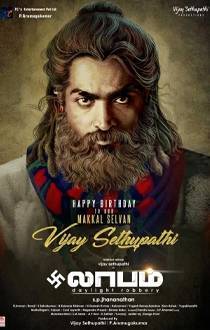THALAIVII MOVIE REVIEW
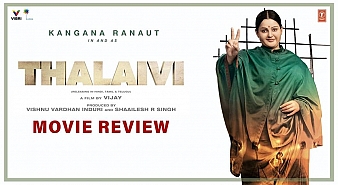
Thalaivii is the biopic of late actress turned politician J Jayalalithaa, directed by Vijay. The film has Kangana Ranaut and Arvind Swami playing the lead roles, while Nasser, Samuthirakani, Madhubala, Poorna, Thambi Ramaiah and others play important supporting roles. The film is bankrolled by Zee Studios, Vibri Motion Pictures, Karma Media and Entertainment, Gothic Entertainment, and Sprint Films.
Late Chief Minister of Tamil Nadu, Jayalalithaa is a name that needs no introduction in the state, and probably all over the country. Known as the Iron Lady for her bold, unabashed style of politics, a film on her life will naturally be filled with gooseflesh moments. The film too begins on such a note.
It is 1989, and Jayalalithaa is the leader of the opposition in the Legislative Assembly of Tamil Nadu. Allegations of corruption are raised against her party members, and it ends up in a heated argument. A ruling party member slaps her, pushes her to the ground and tries disrobing her. She walks out of the hall, and swears to return back only after becoming the Chief Minister of the state. This is the dream start any film would want if it wants to begin on a high.
Unfortunately, we are left waiting for another such moment for a tad too long, as the entire first half keeps moving at a slow pace. The entire first half focusses on Jaya's (Kangana Ranaut) relationship with MJR (Arvind Swami), but it feels like more light is thrown on the latter instead of the former.
Jayalalithaa is a name that holds its own place in Tamil Nadu history. It's the stunning performance of Kangana Ranaut and Arvind Swami, and their impeccable chemistry that keeps the film's heart pumping, and at times make the audience forget the questions they have.
But once the second half begins, the political drama kicks in and there's no turning back. The ascension of Jaya to the CM throne, her rivalry with Karuna and the various twists and turns surrounding it offers the audience something to get hooked on to. Although Nasser showcases a restrained performance as Karuna, his characterization looks caricatured. Vishal Vittal's camerawork, though not outstanding, complements the film well in these political portions.
With the story largely built around widely known incidents from her life, the people from Tamil Nadu might find the film predictable. Which is why, making this film in Telugu and Hindi simultaneously is a masterstroke. Jaya's story is something that most of us know well, which people of other regions might not know. Special attention to detail has been given by the production design department. Be it the costumes or the set work, they remind you of the Madras that was in the 70's and 80's. The stunt choreography in MJR's sword fight scene is top class.
Hiring Baahubali's writer Vijayendra Prasad as the screenplay writer, is again another decision that has worked well. There's a lot of commercial elements in the writing, in a good way, that spices up things for the common audiences. As all this happens, there is also a subtext of how a woman has to single handedly wade through the dirty waters of patriarchy. When this is fed to the audience through some 'mass' moments, the message is conveyed in a non-preachy manner. The film talks. An example of this are scenes like the one where Jaya is pushed from the truck that carries MJR's dead body.
Overall, despite a few cinematic liberties, the film is a feast for the mass audiences. GV Prakash's terrific background score, the performances of Kangana Ranaut, Arvind Swami, Samuthirakani and Nasser, and the production design work are the highlights. Like how Jaya feeds the school children during the mid-day meal scene in the film, Vijay has also delivered a 'healthy' meal for the audiences that satisfies their hearts.
THALAIVII VIDEO REVIEW
BEHINDWOODS REVIEW BOARD RATING
REVIEW RATING EXPLANATION
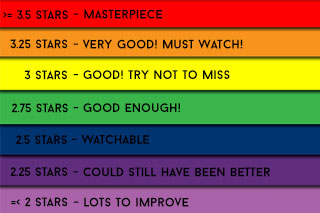
THALAIVII NEWS STORIES
RELATED CAST PHOTOS
THALAIVII RELATED NEWS
- "Ninaithathai Nadathiye Mudippavan...": Watch How Arvind Swa...
- "THEY'RE GANGING UPON US...!" Ahead Of Thalaivi's Release La...
- Wow! - 'Thalaivi' Actress Kangana Ranaut Visits Jayalalithaa...
- MUST WATCH: Kangana Ranaut & Arvind Swami Recreate Jayalalit...
- Super-o-Super: Kangana Ranaut's Thalaivi All Set For Theatri...
- Wow! Kangana Ranaut's Thalaivi To Stream On These Two OTT Pl...
- Kangana Ranaut Shows Her Physical Transformation From Thalai...
- 'தலைவி' பட நிஜ கேரக்டரு...
- Semma: Sivakarthikeyan's DON Shoot Is Taking Place In This F...
- ‘தலைவி’ படத்துக்காக ‘...
- "Was Difficult To Control The Tears..." - Amitabh Bachchan G...
- OTT Vs Theatres: TN Theatre Owners Association Sends Strong ...
- Semma Official Update On Sivakarthikeyan's DON Opening Song;...
- LATEST: Popular Actor Replaces This Ponniyin Selvan Star In ...
- "எனக்காக Wait பண்ணாதீங்க"....
THALAIVII RELATED LINKS
- Thalaivi - Kangana Ranaut | Grab Your Popcorn! Here's A List Of Tamil Films Expected To Release In Theatres This Year! - Slideshow
- 3. Thalaivi - Vidya Vox | Best Tamil Music Of April 2020 - Tracks That Emerged Fresh This Quarantine! - Slideshow
- Manav Vij - Samuthirakani | Prashanth's ANDHAGAN: The Who's Who Of Andhadhun Tamil Remake - Character Details! - Slideshow
- Mugilan (Tamil) - Videos
- Mandram Vandha - Mouna Ragam (1986) | 10 Best Golden Hits Of The Classic Mani Ratnam-Ilayaraja Combo, Amazing Line-up! - Slideshow
- Mohan Raja And Jayam Ravi | Celebrities With Their Parents, Compilations Of Cute Moments! - Slideshow
- Nadodigal | 150 All-Time Best Cult Tamil Films by Behindwoods | Part 02 - Slideshow
- Nadodigal | Idhu Poota case mamu - Slideshow
- Nadodigal | Moondru Per Moondru Kaadhal - Slideshow
- 25 ஆண்டுகள் கழித்தும் அந்தத் தீ அணையவில்லை! மணிரத்னத்தின் 'பம்பாய்' சொல்லும் சேதி இதுதான்!
- Samuthirakani - Saattai | Memorable 'Masters' Of Tamil Cinema - Vaathi Varaar! - Slideshow
- Panga - Videos
- Natchatraa - Photos
- Thaarame - Kadaram Kondan | Run-through Of The Most Popular Songs Of 2019! - Slideshow
- ஜி.வி.பிரகாஷ் | Behindwoods Gold Mic Music Awards-ல் விருதுகளை வென்ற Music சூப்பர் ஸ்டார்ஸ்! - Slideshow
























